DHAKA, Nov 18 (V7N) — In one of the most consequential legal decisions in Bangladesh’s political history, a Dhaka tribunal has sentenced former Prime Minister Sheikh Hasina to death for ordering violent force against last year’s student-led uprising — a movement that ultimately toppled her 15-year rule and reshaped the nation’s political landscape.
Monday’s verdict, delivered by the International Crimes Tribunal, found Hasina guilty of crimes against humanity for deploying helicopters, drones, and armed units against unarmed protesters during the July–August 2024 demonstrations. Former Home Minister Asaduzzaman Khan received the same sentence. Both were tried in absentia after fleeing to India following the collapse of Hasina’s government.
The court described the crackdown as a deliberate, disproportionate assault that resulted in mass casualties. Government medical advisers confirmed more than 800 deaths and over 14,000 injuries, while a United Nations estimate placed the death toll at nearly 1,400. A former police chief who testified against Hasina was sentenced to five years.
Hasina rejected the charges from exile, calling the judgment politically driven and accusing the interim administration of weaponizing the judiciary. Her Awami League party has announced a nationwide shutdown, and supporters warn of heightened unrest if Indian authorities comply with Dhaka’s demand for extradition.
Interim leader Muhammad Yunus, who assumed office after Hasina’s removal on August 5, 2024, said the verdict represents a turning point for accountability and justice. Human rights monitors, however, caution that Bangladesh remains on edge, with rising militant activity, continuous political clashes, and a surge of arson attacks reported across major districts.
Security agencies deployed troops, border guards, and riot police throughout the capital before and after the ruling. Clashes were reported in several neighborhoods even as the verdict was being read. The government has requested India to hand over Hasina and Khan under the existing extradition treaty, a move New Delhi has yet to openly endorse.
Hasina’s son, Sajeeb Wazed, speaking to international media, dismissed the ruling as illegitimate and vowed it would be overturned once “rule of law is restored.” Meanwhile, anti-Hasina groups gathered at historic Dhanmondi 32 — the birthplace of Bangladesh’s independence leader Sheikh Mujibur Rahman — attempting to tear down the family residence that has become a flashpoint of anger.
What began as a protest over a controversial government job quota system spiraled into one of the largest civil uprisings in Bangladesh’s history. The tribunal’s ruling now sets the stage for months of political reckoning as the nation heads toward elections scheduled for February under an interim authority.
END/SMA/AJ/



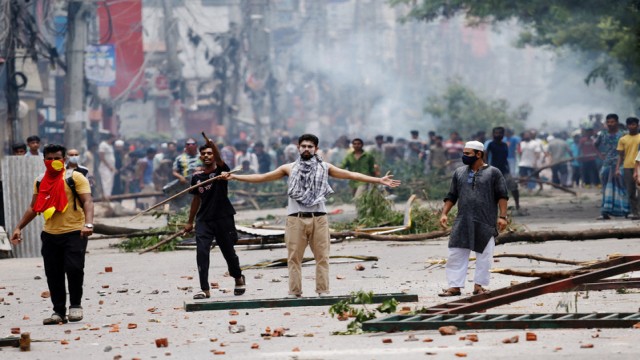
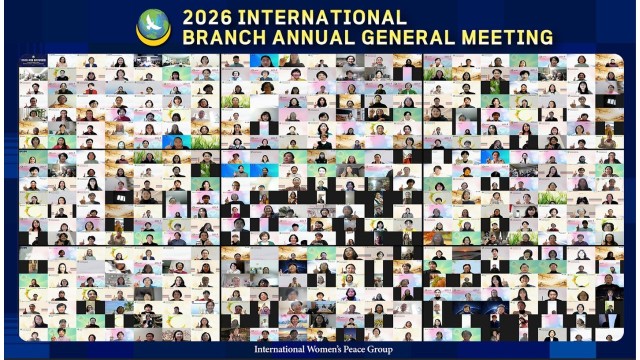








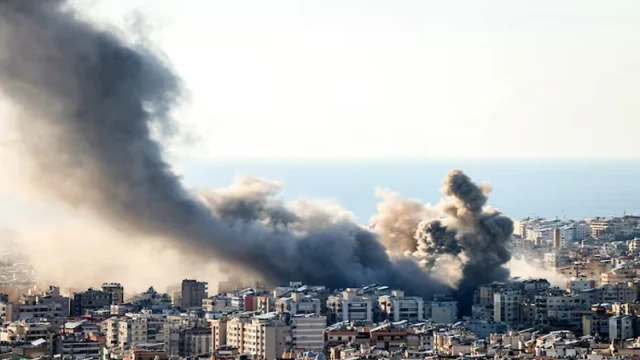


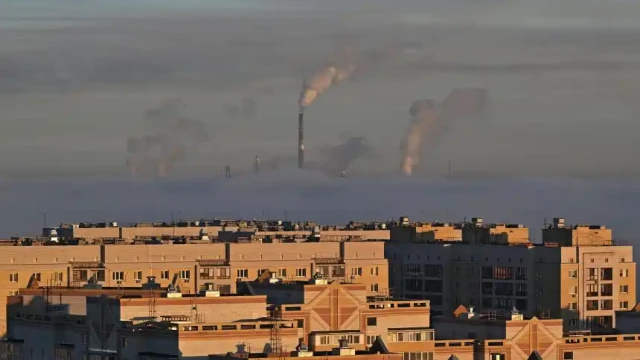

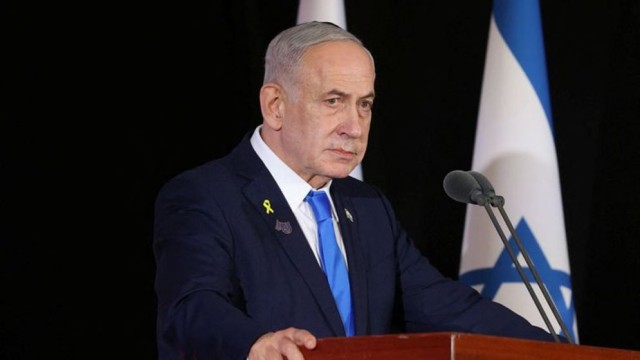
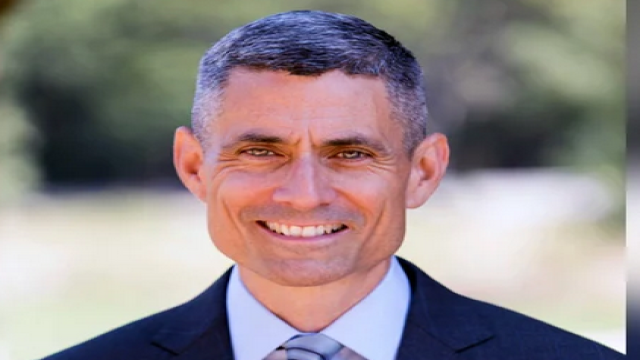











Comment: